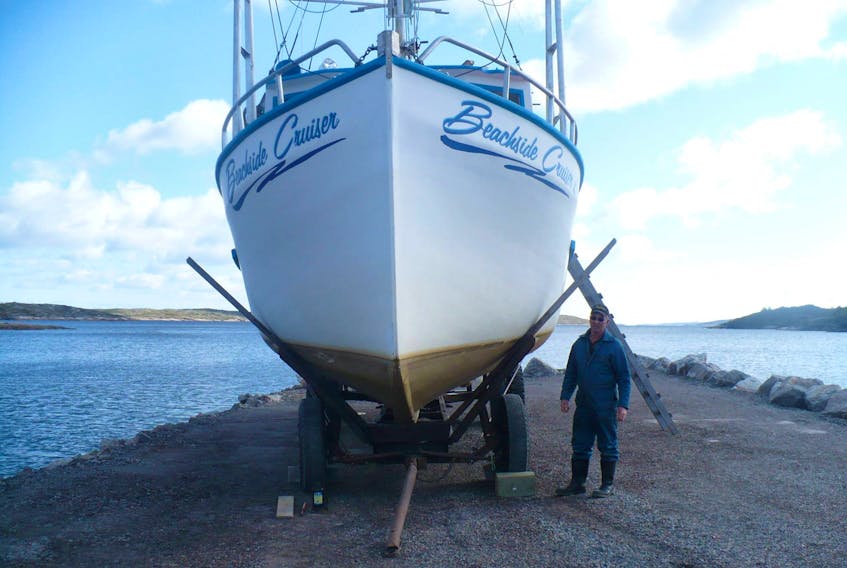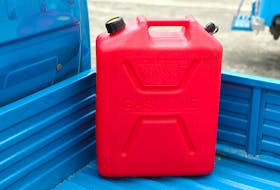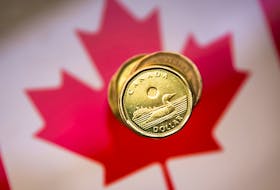MARY’S HARBOUR, NL – Returning from the Iceland Fisheries Exhibition, Alton Rumbolt is hoping the most up-to-date fishery technology will come to Newfoundland and Labrador.
The Mary’s Harbour mayor attended the exhibition during a six-day trip with other harvesters, plant processors, and Fish, Food and Allied Workers union members.
The province’s harvesters toured the area with their minds set on an expanding cod fishery and an increasing demand for better quality fish.
Rumbolt says of all the different technology he witnessed there, the auto-jigger stands out as particularly vital.
“Right now, you’re looking for quality and building up good markets,” Rumbolt said. “With this new technology in Newfoundland and Labrador, it’s going to be a good thing for the future of our fishery.”
Auto-jiggers can place several lines into the water on one machine. Computer systems on the auto-jiggers control how far off the ocean floor the hooks will be. The fisher can plug in a weight limit for the jigger and the lines will reel back to the ocean surface once the amount of fish caught meets that weight. When the ocean floor rises or falls, the jig lines adjust their distance.
The jiggers are even equipped with an automatic baiter that baits the hooks as they go down.
Through this innovation, all the work once done manually and requiring many hands on deck will be feasible with just one or two crewmembers.
Rumbolt says this is particularly beneficial to harvesters in Newfoundland and Labrador.
“A lot of people have gotten out of the fishery here, from Muskrat Falls, getting on the oil rigs or moving away,” said Rumbolt. “Smaller crews are common now, and this will generate the same amount of work that a larger crew would. Two people in a crew could handle this easily.”
Rumbolt says this technology can also decrease the use of netting, which will have environmentally friendly consequences. As well, leaving nets overnight often depletes the quality of the fish caught inside, and with auto-jiggers the use of nets is only reserved for times when there is no other way to get the fish.
Mary’s Harbour has set its horizons on a new ground fish processing plant, and he said many technological innovations in the processing arena came as a shock to the Newfoundland and Labradorians.
“We are behind on the times, on the harvesting and the processing,” said Rumbolt. “But we can learn from this and build upon it. It’s just a matter of time before these things will come to Newfoundland and Labrador.”
Rumbolt says a provincial program is already in the works to help harvesters and processors put these new systems in place. The program is intended to pay a percentage of the costs, and the harvesters will have to tackle the rest.
“This kind of funding would help people more comfortably get started into this future fishery,” said Rumbolt. “It’s going to be a different fishery, with quality of fish so important now. People are going to have to be more educated.”
If these technologies improve the quality of fish caught, the price will improve as well. Rumbolt hopes this will be an encouraging element to any young people in the province interested in getting involved with this future fishery.
Conversing with Icelandic harvesters and companies developing these technologies, Rumbolt says Newfoundland and Labrador now has a chance to bring their markets up to par with the rest of the world.
“You’re not just taking a chance on some new equipment here, not knowing if it’s going to work,” he said. “These machines have been tried and true, we know they work.
“It’s a new way of fishing. Now, we’re being given the chance to do that.”
[email protected]









